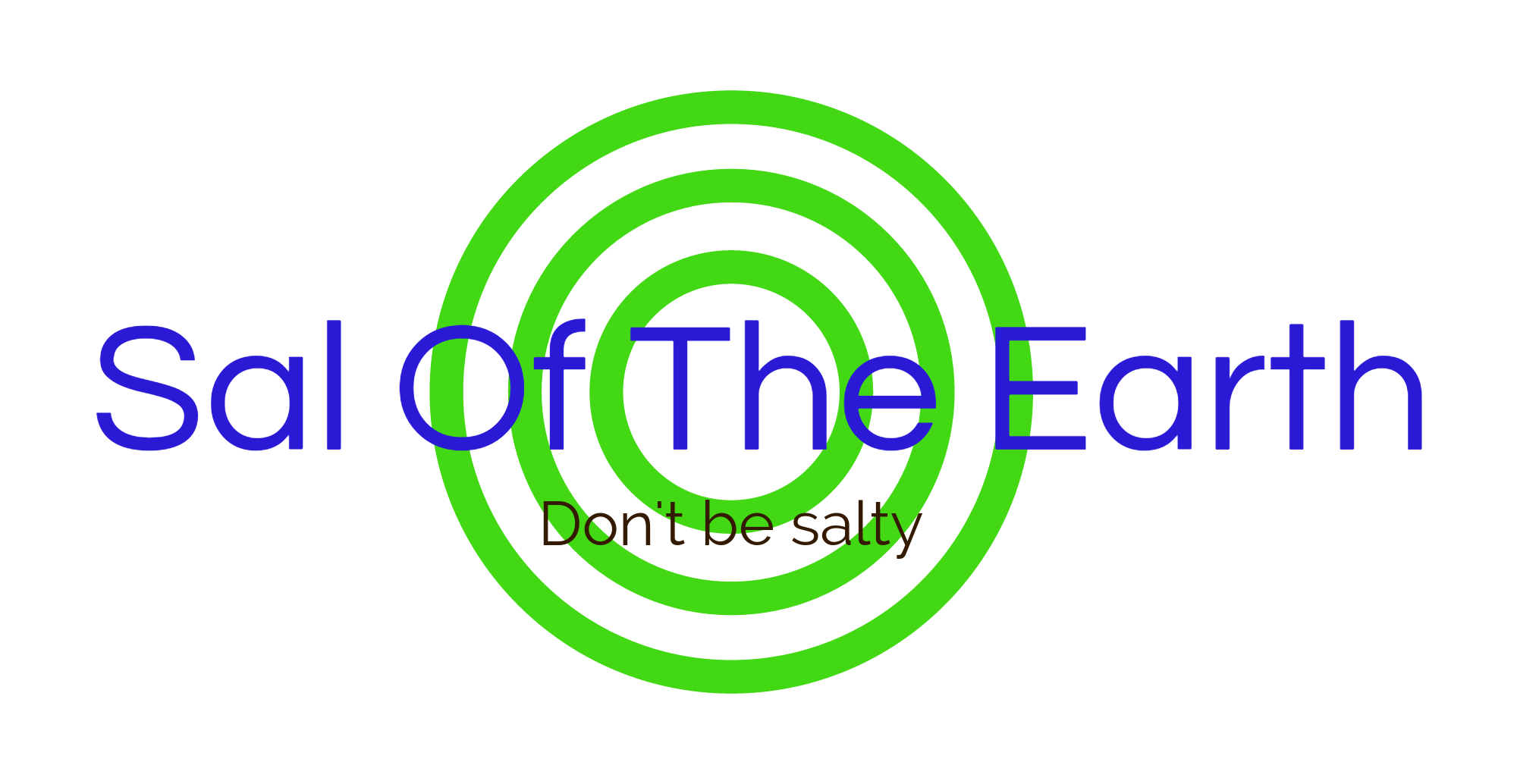Post 31 - The New Party System

At this point, we might as well throw the words Democrat and Republican out of the window. Clearly, party loyalty is not at the center of this great political divide that has taken root in our population today. There are certainly (at least) two sides and obvious splits in political ideologies; the boundaries, however, are not defined by left and right.
Whether it's Sen. McCain's health care vote or Bernie-wing in-fighting on Twitter, examples are everywhere of a major rift that cuts straight across party lines. For a while, I've chalked it up to and described it as a pro- and anti-establishment sentiment. Others may see it as more pro- and anti-Trump. While I feel that both of these descriptions are partially accurate in some ways, they both fail to totally account for what is going on in our political system each and every day.
Party realignment happens. As our population grows and changes, so to do our societal values, ideals, and beliefs. The 2016 election season brought with it an outright rejection of the political ideology that had established itself over the better part of the last 50 years. On both the Left and Right, grassroots political movements materialized behind candidates outside of the Overton Window Americans normally discuss politics within. This culminated in the election of an unpopular first-time politician in Donald Trump to the presidency.
It is important to recognize this rejection is neither a good or bad thing, nor is it necessarily an indictment on the establishment neocon ideology that is currently in its death throes. Because of this, we should address our political opponents with respect regardless of which sides of the freshly drawn battle lines we may fall. These new, strange bedfellows we find ourselves in agreement with should be a reminder that our political parties are currently in flux.
It appears to me that what separates our society right now politically is twofold: one, the values that comprise an individual's sense of justice; and two, the individual perception of reality.
The 2016 presidential election season was one that had ‘injustice’ as a common theme. Not just because the political issues focused centrally on racial and economic equality, but because members of both parties were able to witness the underhanded subversion that takes place on both sides. Bernie Sanders and Donald Trump BOTH had to combat stacked media coverage, resistant party structures and a political system that is hostile to outsiders over all. While the Democrats were able to quell their insurgency from the Left, the GOP lost to Trump despite their best efforts to prevent him from securing the nomination.
These inter-party wars (wars that still wage) essentially split voters into four factions that now, nine months after the election, are beginning to realign either behind (or at least beside for the time being) the Trump presidency or in the opposition alongside famous figures of Congress and Senate. Make no mistake, right now in America, there are Democrats, liberals and left-wing independents who like and support President Trump. At the same time, there are lifelong conservatives who dislike the president and everything about his policy agenda. There are progressives who could care less about Trump and want to take the fight to the Democrats; there are Trump supporters who want nothing more than to destroy the GOP.
The determining factor to one's political loyalties today seems to have more to do with their perception of reality as determined by their previously established biases. We each operate in a reality pieced together through guess work resulting from the information we take in. The advent of the internet and the coming of age of the millennial generation have propelled us away from traditional partisan divides and have shifted the focus from issues of the past to broader concerns about corruption, integrity, and transparency.
Understanding the new political landscape in America requires both patience and restraint. With so many sources of information that all have varying degrees of reliability constantly accessible to us at any given time, it is easy to get lost trying to figure out what to believe. Even when you are armed with all of the 'correct' information, the debate often becomes venomous and contentious. This is because it is so hard for us to see the point of view of those on the other side. Our reality seems so obviously true and impossible to ignore, but understand that those in opposition feel the exact same way. Solving this crucial problem is (as I have said before) dependant on being willing to recognize no one knows the truth, anything is possible, and as humans, all of us can be completely wrong at any given time.
We live in a day and age where the political figures are so villainous, where the media is so perverse, where the truth is so malleable and manufactured to fit narratives that are used to manipulate and persuade; it is to a point where the only thing a political savvy citizen can do is take in everything, follow your intuition and adapt as more information is acquired. Knowing that this is the current state of our political society, try to have compassion for your fellow citizens and empathy even for those you neither agree with nor understand. We are all simply doing our best to navigate a difficult and complex political landscape while the next chapter of American history unfolds before our very eyes.
Talk to me about this piece on Twitter.
